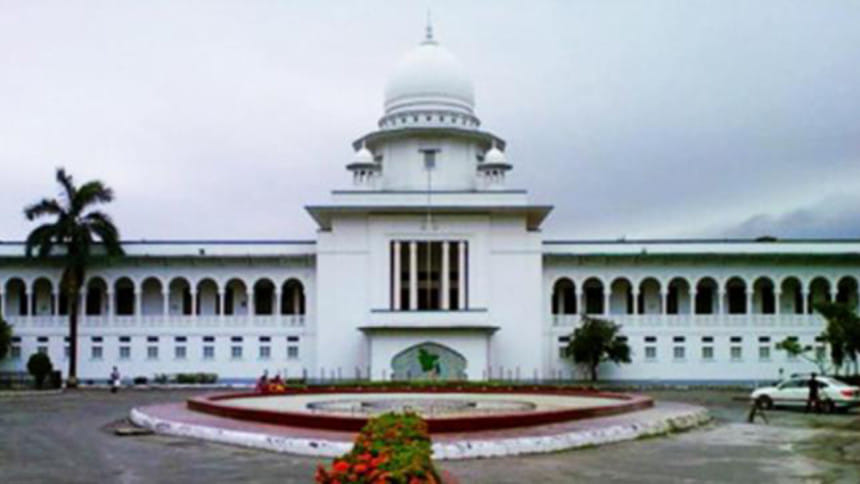Study finds reasons for case backlog

Poor investigation by police, too many adjournments at courts, witness no show, poor performance by prosecutors are among leading causes for case backlogs, a study has found.
The report titled National Justice Audit Bangladesh is based on three separate surveys on judges, magistrates, police officers, public prosecutors, defence lawyers, legal service providers, paralegals, prison and probation officers, court users and general people.
The law ministry in association with GIZ, UK Aid, and Bangladesh Bureau of Statistics conducted the surveys.
The report is based on data from 2016.
Officials presented the findings yesterday at the Bangabandhu International convention Centre in the capital.
Some other causes behind the piles of pending cases include shortage of judges, lack of coordination among different government departments and a section of lawyers’ unwillingness to settle the case within a short time.
Chief judicial magistrates, district and session judges of different districts were present at the event.
According to the audit, 67 percent of the nearly 1,500 respondents said they had faith on the judicial system. But only 13 percent of them prefer going to courts while the rest would rather have community leaders solve their disputes.
The report identified the time consuming and costly nature of legal procedures behind people’s unwillingness to seek legal support.
According to the report, in most cases, it took two to five years to settle a case for which, people involved had to visit courts for 20 to 25 times.
On average. it took more than Tk 25,000 to settle a case, said the audit report.
The courts have a backlog of 35 lakh cases and the situation could have been much worse if everyone went to the courts with their issues, it observed.
The magistrate courts alone had 14 lakh cases pending in 2016.
The rate of disposal of cases in the magistrate courts was only three percent.
The findings were presented by ATM Morshed Alam, project manager of Justice Reform and Corruption Prevention at the GIZ.
The number of cases pending with chief judicial magistrates’ courts increased by 14 percent between 2016 and 2017. At the session judges’ courts and the High Court Division, pending cases rose by 16 and nine percent respectively.
If the growth of pending cases continue at this pace, the audit projected that by 2022, chief judicial magistrates’ courts, session judges’ courts and the High Court Division would have 72, 82, and 89 percent of their cases pending.
The backlogs cause unbearable sufferings for justice seekers and increase the prison population rapidly, the audit report said.
The audit found that most of the rural people preferred seeking justice from community and local representatives as they considered the process is less complex and faster.
Around 1,883 cases remain pending with a judge on an average.
At yesterday’s programme, Law Minister Anisul Huq said people will lose their confidence on judiciary if the piles of cases kept getting bigger.
Promita Sengupta, head of programme (rule of law) at the GIZ Bangladesh; Golam Sarwar, secretary (in-charge, law and justice division) at the law ministry; Zakir Hossain, registrar general at the Supreme Court; Burkhard Ducoffre, deputy ambassador at German Embassy also spoke at the programme.

 For all latest news, follow The Daily Star's Google News channel.
For all latest news, follow The Daily Star's Google News channel. 




Comments